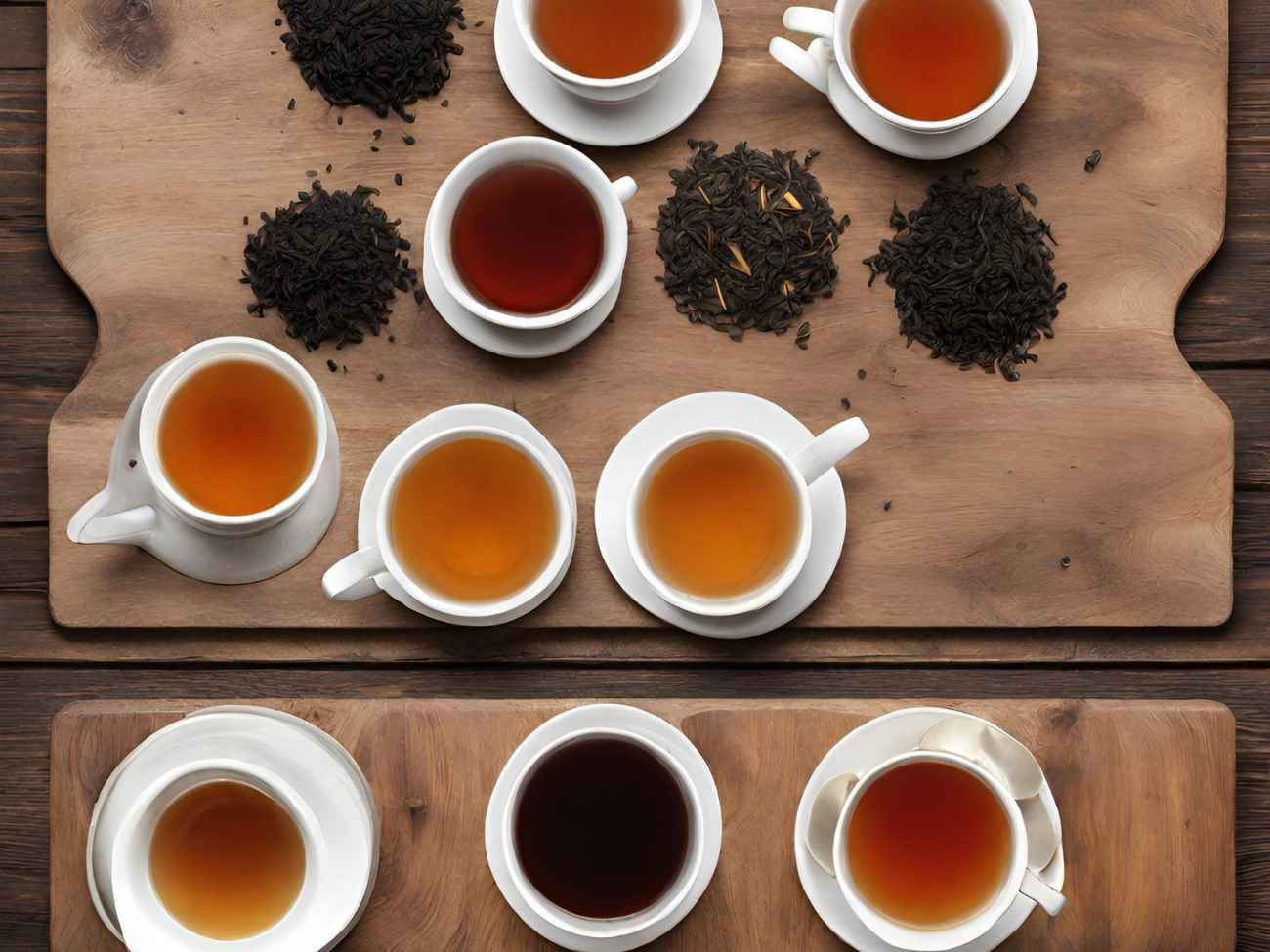
Information about CBD tea
CBD (cannabidiol) is one of the many active substances (cannabinoids) found in the cannabis plant. CBD is extracted from the hemp plant, which has a low THC content (the substance that provides the psychoactive effect of cannabis). As a result, CBD has no psychoactive effects and does not get you high. CBD is becoming increasingly popular as a dietary supplement and is used for a variety of applications, including relieving pain, anxiety and inflammation. However, much research is still needed to confirm the effectiveness of CBD for these uses. In addition to its therapeutic uses, CBD is also used in cosmetic products, such as lotions and creams, for its purported anti-inflammatory and soothing properties.
CBD Tea
CBD tea is a natural tea that is enriched with CBD (cannabidiol), a substance found in the hemp plant. CBD is a non-psychoactive substance, meaning it has no psychoactive effects and will not get you high.
CBD tea has several benefits, including relieving stress and anxiety, improving sleep quality, and relieving pain and inflammation. CBD also has relaxing properties and can help promote feelings of peace and tranquility.
To use CBD tea, you can brew it in the same way as regular tea. It is important to follow the instructions on the package and use the correct dosage. In general, it is recommended to drink one to two cups of CBD tea per day.
When choosing a CBD tea, it is important to check that the product is of high quality and meets legal requirements. It is also important to check whether the dosage of CBD in the tea is suitable for your specific needs. CBD tea is a tasty and easy way to ingest CBD and experience its benefits.
What should you take into account?
Although CBD is generally considered safe, there are some potential risks and side effects you should be aware of:
-
Drug Interactions: CBD may interact with some medications, including blood thinners and anticonvulsants. If you are taking medication, it is therefore important to consult your doctor before using CBD.
-
Changes in liver function: CBD can affect liver function and in some cases disrupt the function of liver enzymes. People with liver disease should be careful when using CBD.
-
Drier mouth: CBD can cause dry mouth in some people. It is important to drink enough water when using CBD to prevent dehydration.
-
Changes in appetite and weight: CBD can cause changes in appetite and weight in some people, although this does not apply to everyone.
-
Dizziness and fatigue: CBD can cause dizziness and fatigue in some people, especially at higher doses.
It is important to remember that the risks of CBD depend on several factors, such as dosage, product quality and individual sensitivity. If you are considering using CBD, it is therefore important to first seek advice from an expert in the field of CBD and/or a doctor.

RelaxT
Tasting - Organic CBD Tea
Share

